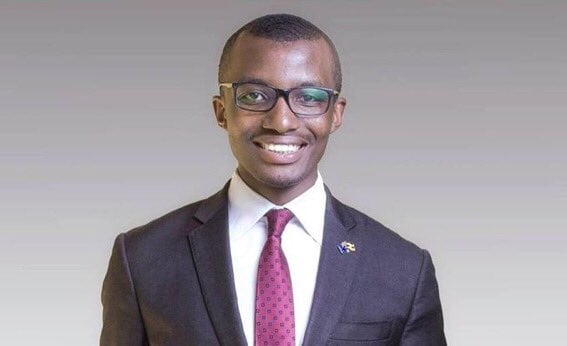Prime
Defending free speech

Author: Tricia Gloria Nabaye. PHOTO/FILE
What you need to know:
...it is crucial that society creates conditions for open and inclusive public discourse
The famous tagline on freedom of speech in Uganda is quoted from former Ugandan president Idi Amin Dada. “There is freedom of speech, but I cannot guarantee freedom after speech.”
In hindsight, the more things change the more they stay the same. Freedom of speech is under threat today in Uganda and has been for a while now. The key question to ask is, what are we doing about it? If there is a unifying theme in the conversation around this issue of Human Rights, it may be that while as a nation, we love our freedoms, including freedom of speech and freedom of expression, we are never far removed from debates and disputes over the extent and meaning of those rights—particularly in a religious and culturally inclined society like ours. While some people believe that freedom of speech should be upheld at all costs, others believe that it can be an excuse for saying harmful things without reprimand.
Mr Mohammed Nsereko was granted leave of Parliament to prepare a private member’s Bill to amend the Computer Misuse Act, 2011, in an effort to regulate the social media space even more. His argument was leaning on protection of children online among other issues. The Computer Misuse Act 2011, has constantly been found wanting in protection of freedom of expression and speech.
Far from sanitising the space and making it accessible to all, the law has enhanced the curtail on dissent and has evidently shrunk the space for democratic discourse.
In order to safeguard democracy, it is crucial that society creates conditions for open and inclusive public discourse because freedom of expression and respect for free speech are fundamental in a democratic society.
Ugandans should all be concerned that the spaces for dialogue are being regulated and room for one to express their opinions is evidently reducing. We have long since given up the political rallies, demonstrations, peaceful protests and marches and have shifted civic organising online, so much so that an election happened in darkness because of the influence and connectivity that the internet provides.
Section 25 of the Computer Misuse Act 2011 on offensive communication states that; “Any person who wilfully and repeatedly uses electronic communication to disturb or attempts to disturb the peace, quiet or right of privacy of any person with no purpose of legitimate communication whether or not a conversation ensues, commits a misdemeanour and is liable on conviction to a fine not exceeding twenty-four currency points or imprisonment not exceeding one year or both.”
Consequently, the right to offend will always be subjected to the undertones of hate speech, libel, defamation and offensive communication.
Therefore, the amendments proposed by MP Nsereko become imperative to us as the consumers of such a law, to not only examine the shrinking civic space but as well as to defend free speech. The broader discussion on the criminalisation of online speech in the current digital and political climate, is commonly used to pursue political or illegitimate agendas and curtail dissenters rather than protect citizens online and offline.
In defending Freedom of Speech and expression, we can then start to right the wrongs and the missteps our legislators made in passing the Public Order Management Act. Being able to question society is a positive feature of democracy and political liberty is distinct because it consists in free speech which we have to defend by all means…
Tricia Gloria Nabaye is a research associate: Great lakes institute for strategic studies.




